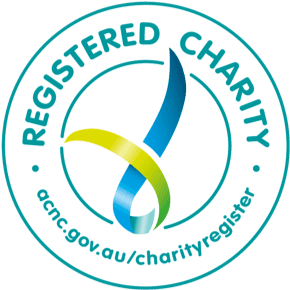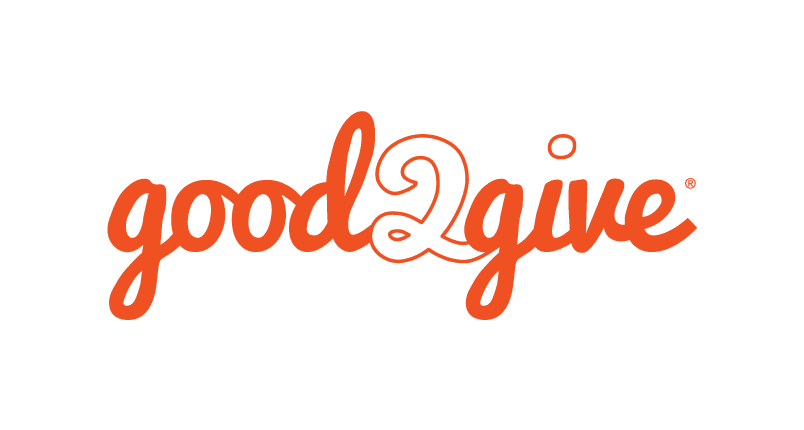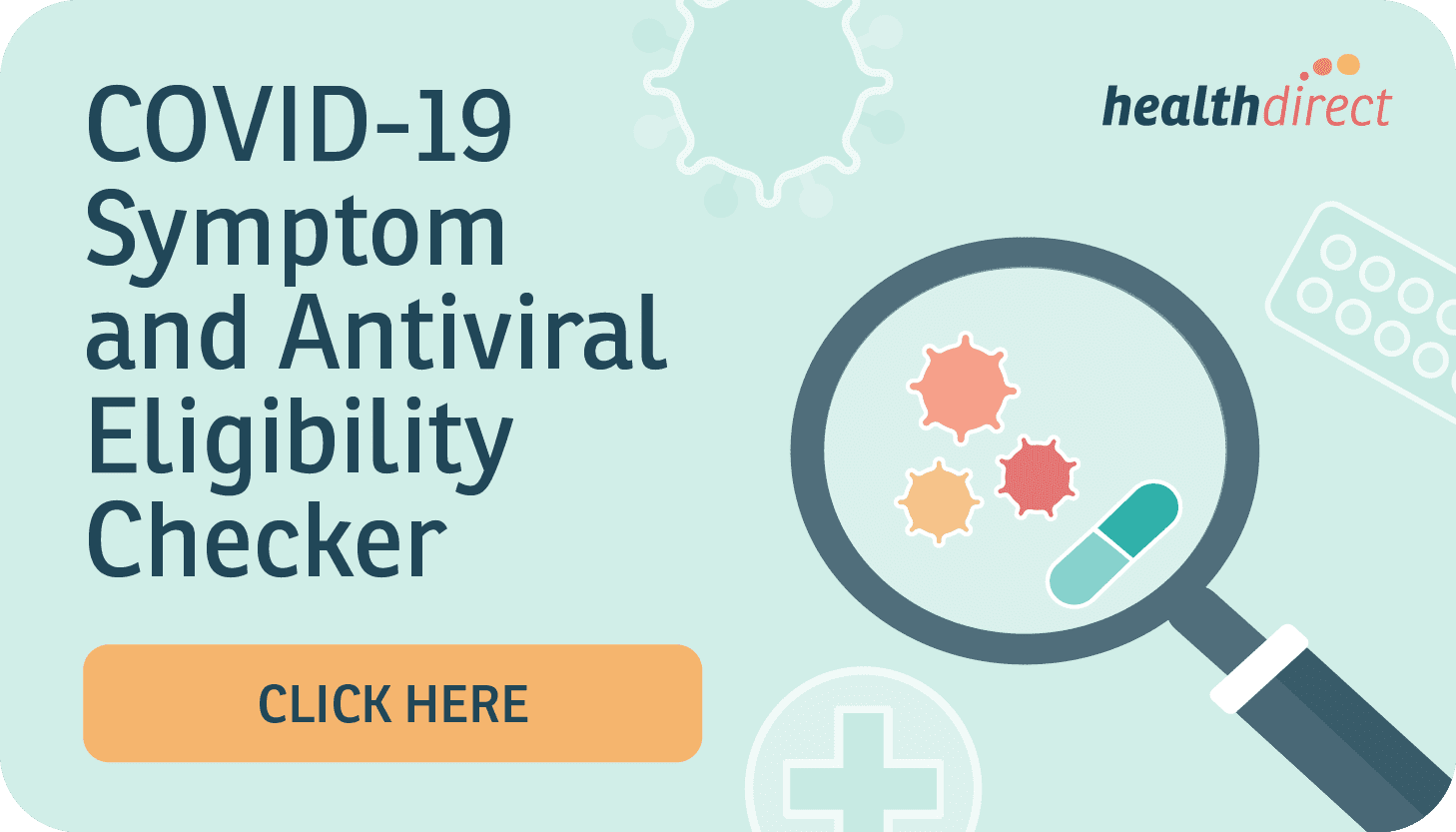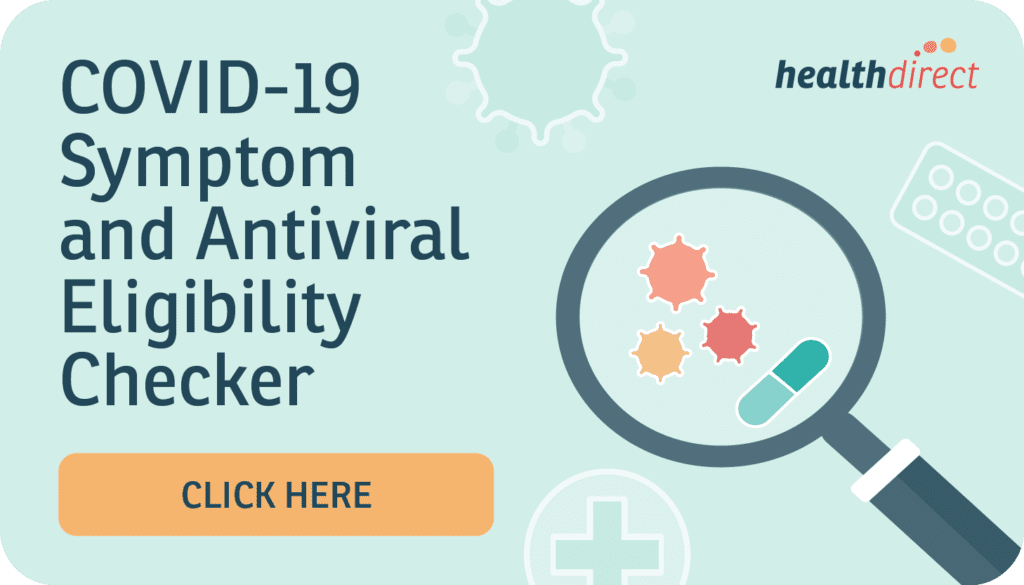Anxiety itself is not a disorder. If it were not for anxiety, we would not survive for long. Regular levels of fear or anxiety is essential throughout our lives for guiding us to recognise the anticipated problem and work out an appropriate way to cope. Problems arise when our assessment of the threat is mistaken, exaggerated, denied, and therefore our coping (survival) strategy is inappropriate, e.g. irrational, excessive or prolonged.
As pregnancy is a hugely important (whether we wanted it or not) event in our lives, a degree of
anxiety is appropriate. Even if things seem to be going well, we do not know what the outcome will be, and most of us know someone who has had serious problems. To manage this situation, we want support from our partner and family, GP, mental health clinician, midwife and/obstetrician – to name a few. We may also want to write a birth plan with our support team. Health professionals also can be anxious and some find it difficult to cope with worried women carrying pages of requests and decisions that may be unrealistic. What is required here is mutual respect, trust, validation and willingness to be flexible – from both parties
The main anxiety-related mental health concerns over the perinatal period include:
- Phobias – specific (e.g. of sharp objects) or social (social situations where you will be observed and possibly criticised by other people)
- Panic Disorder
- Agoraphobia (fear of being out in public alone or out in enclosed places or on public transport etc)
- Generalised Anxiety Disorder (excessive anxiety or worry about a number of events or activities: restless, easily tired, unable to concentrate, irritable, unable to sleep).








